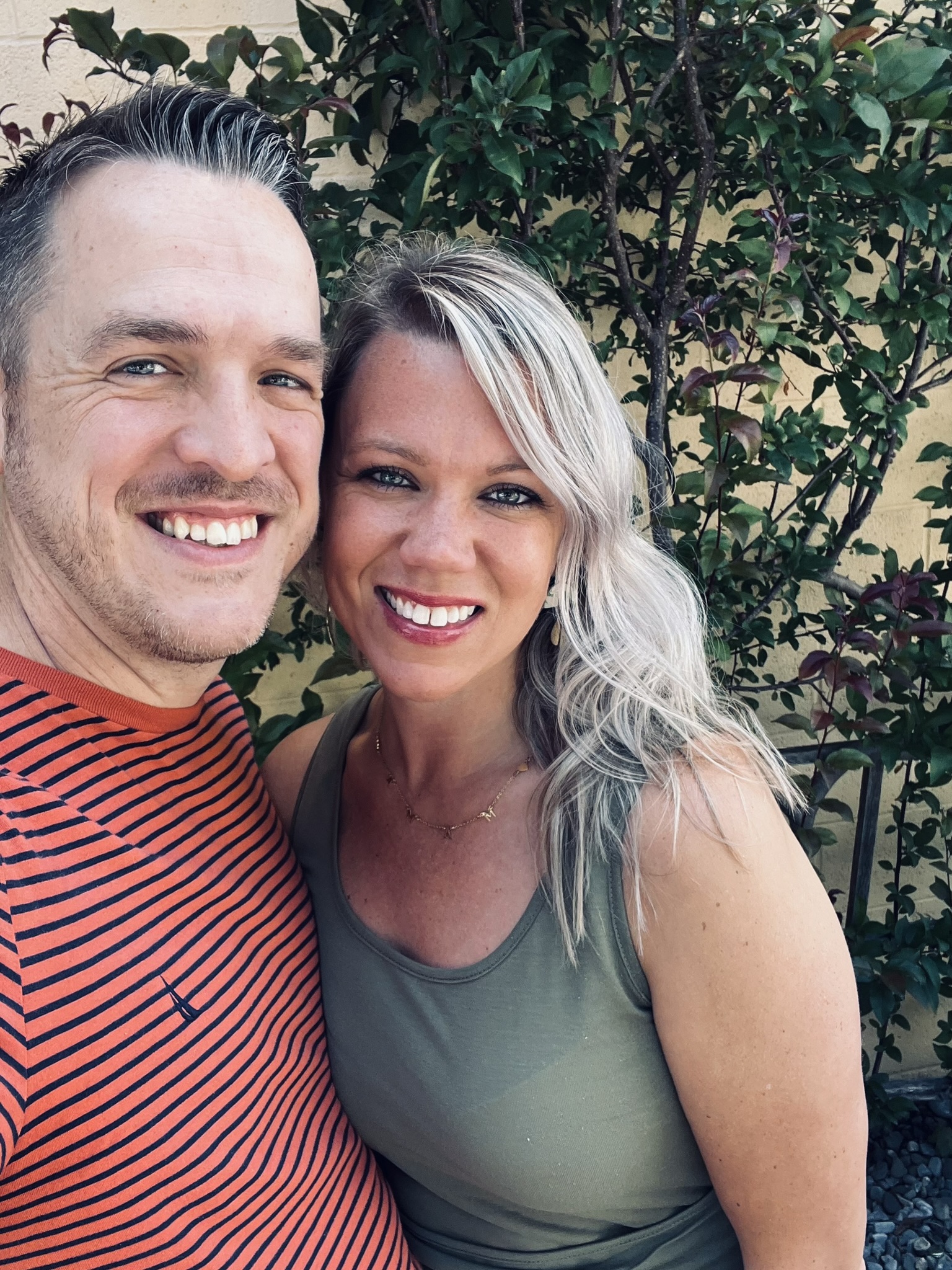Being proactive in recovery makes all the difference in one’s long-term success. Freedom and healing didn’t just happen in my life. They were things I needed to pursue and it took action on my part to do it!
One of the greatest steps I encourage every man I work with to take is to step out of isolation and into community. Opening up your life and letting others see inside is essential for your growth and maturity. A huge part of this means being offensive in recovery and no defensive. Learning to be proactive in your communication with people who really care about your heart is so important.
Having said that, I think one of the greatest misnomers that has ever come from accountability relationships is that the burden of accountability lies upon my accountability partner and not me. In other words, it’s up to everyone else to hold ME accountable while I sit back and do nothing.
So this month, I wanted to share the first six tips on what a great check in looks like with recovery partners and other support people in your life. Next month I’ll share the final five tips…
1. Be intentional & don’t wait for the other guy! Put 3 or 4 guys numbers in your phone who you can check in with. There are some obvious benefits to this: Not everyone you reach out to will be available that moment to chat. So if you’re only trying to check in with one person, you may hit a dead-end if they’re not available. Also, having more than one person provides several different sources for feedback, encouragement, & challenge.
2. Be regular in checking in. Consistency is key. The goal is create a regular rhythm of communication so others know you’re committed to the process of recovery. And this helps you to also not become isolated in your thoughts and feelings. 2-3 times a week you’re checking in with several people to process what’s going on inside.
3. Be specific with others about about MY feelings. Feelings may not mean much to you but they’re actually really huge. Think of them as the lights on your car’s dashboard indicating when it’s time for an oil change, low tire pressure, or if there’s a real problem. You can’t ignore those lights! This is why being specific about your feelings should be one of focal points of your check in.
4. Remember that reaching out to others is an offensive action. It takes effort. We talked briefly about this earlier. Remember, the burden doesn’t lie with others to check in on you. This is YOUR recovery, not theirs. Don’t wait around for the phone to ring or the text message to come. Follow through and make the effort to reach out.
5. In the check-in, go deeper. Ask specific questions of yourself: What am I doing? What am I thinking? What am I thinking about doing? This gives your accountability partner or support person a very clear picture of how you’re doing that particular week. Specificity is really crucial when communicating thoughts, feelings, emotions, and behavior. The clearer you can be with someone, most likely the better the conversation will go.
6. Don’t be discouraged if someone doesn’t respond immediately. Be patient. People are people. And people get busy, right? You do too! 🙂 The most important action that you’re taking is picking up the phone and making the connection. People won’t know how you’re doing unless you start there. A great accountability partner or support person will respond to you in a timely and effective fashion. Bonus tip: As you’re waiting, remember that you have the greatest Advocate on your side that you can also talk to: Father, Son, and Holy Spirit! Be honest and if you have to, be raw about your state of mind. Trust me, the Lord can handle anything you throw at Him.
These tips should give you a great place to start. Next month, I’ll wrap up this series with the final five tips for great recovery check in’s. And as always, if you’re looking for a community to help support you in your recovery journey, Small Groups Online would be worth a look! SGO offers a weekly online group experience via Zoom where you will join other men and women who are also seeking community. Check out Small Groups Online today!

Frank is passionate about helping individuals live with sexual integrity. He also works alongside his wife Tracey in helping spouses who have been devastated by their partner’s addiction. Frank & Tracey live in beautiful southern Delaware with their two children: Nathan and Addison.
